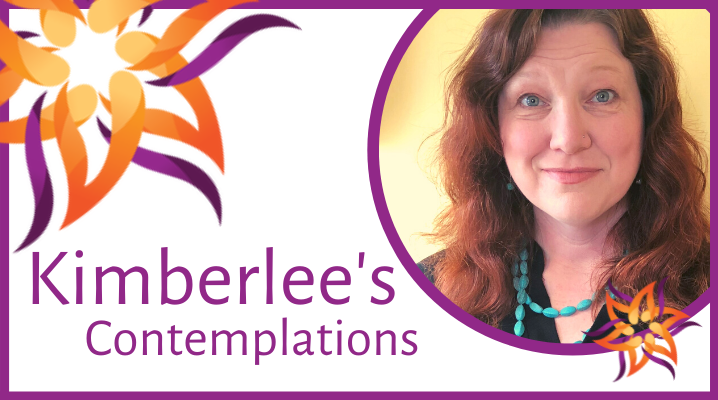“Your children are not your children.” Kahlil Gibran famously wrote in his poem. “They are… Life’s longing for itself.” This poem hints at a liberating love approach to parenting. A love that holds but does not smother, that guides but does not oppress, a love that affirms but does not pander. I have heard varied and complex responses to this poem. As a child, we tend to embrace the poem, feeling a deep longing to become ourselves, certainly not our parents. As we grow, there are certainly times we want parent’s “love but not your thoughts.” Yet parents of children also respond, “they certainly feel like MY children.”
The Pew research center tells us that 43% of U.S. parents are actively trying to change their approach to parenting from the way they were raised. What overall change do they want to make? Their parenting goal is focusing more on love and their relationship with their children. These parents are seeking to increase honest conversations, open affection, active listening, supporting their interests, spending quality time together, showing unconditional love, offering verbal affirmation, setting thoughtful boundaries and accepting their children for who they are.
It is heartening to see, we know that children who receive affection from their parents become happier as adults, according to a study from the University of Notre Dame. Adults who report receiving more affection in childhood displayed less depression and anxiety and are more compassionate overall.
This is a tall order, especially as many of us were acculturated with the tools of authoritarian parenting, parental/societal control and punishment. The tools of gentle parenting are connection, communication, and consistency. It embraces the idea that children do not defy for the sake of defiance, but that their behavior is a physiological response to stress. As an educator, I have come to understand that children often communicate their emotions by trying to make others feel the same way they do. Children have a human instinct for evoking emotions, from silliness to rage. Caregivers’ human instinct is to be reactive to those emotions, and it takes patience and practice to respond thoughtfully.
Liberating love takes practice and patience, with ourselves and with our children. It is not a magic formula; it is a journey with an intention. Since Kahlil Gibran had no children of his own, perhaps this poem is not just about your children, it is about our children, all children.
May we all be on a journey of intention and kindness together.
Happy New Year!
Rev. Kimberlee
Rev. Kimberlee Tomczak Carlson, Minister of Religious Education
